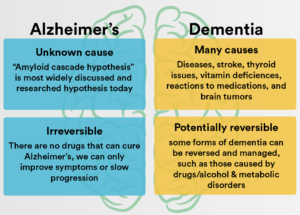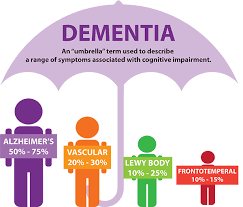In 2013, Alzheimer’s medical costs in the U.S. totaled $203 billion, an amount that is expected to increase by six times to $1.2 trillion by 2050. The rapid growth in age-related dementia means that caregivers in the field will continually be needed to fulfill a multitude of roles, from the front lines of assisted living care to certified medical professionals.
Sleep Cycle and Dementia
Important caregiver issues related to Alzheimer’s and dementia include sleep cycle disturbances. Nearly 20 percent Alzheimer’s patients experience anxiety late in the day and restlessness at night. The sleep-wake cycle disruptions can cause notable behavioral problems, such as confusion, impaired communication, irritability, fears, disorientation, caregiver frustration and over-activity during normal sleep hours. Exercise, dietary changes and strategic napping can help manage sleep cycle disturbances.
Wandering
Wandering is a condition that affects 60 percent of dementia patients attempting to go to work, visit familiar people or places or simply move when feeling restlessness. The side effect can be serious. To help a patient remain safe and secure under supervised care, arrange a structured routine and identify vulnerabilities when prime wanderings occur, and divert energy to concrete activities.
Driving Issues
Losing the driving privilege that is so inherent to adulthood can feel like a significant loss for a dementia patient struggling to uphold identity and independence. Sensitive reassurance and explaining logistical alternatives clearly, together with a genuine sentiment of concern can help an adult accept a less mobile stage of life without relinquishing the dignity and self-respect that defines him or her as a human being. Re-framing elder years as a time to connect with other people in utilizing public or hired transportation can help an individual cope with a loss while gaining a reward in return.

